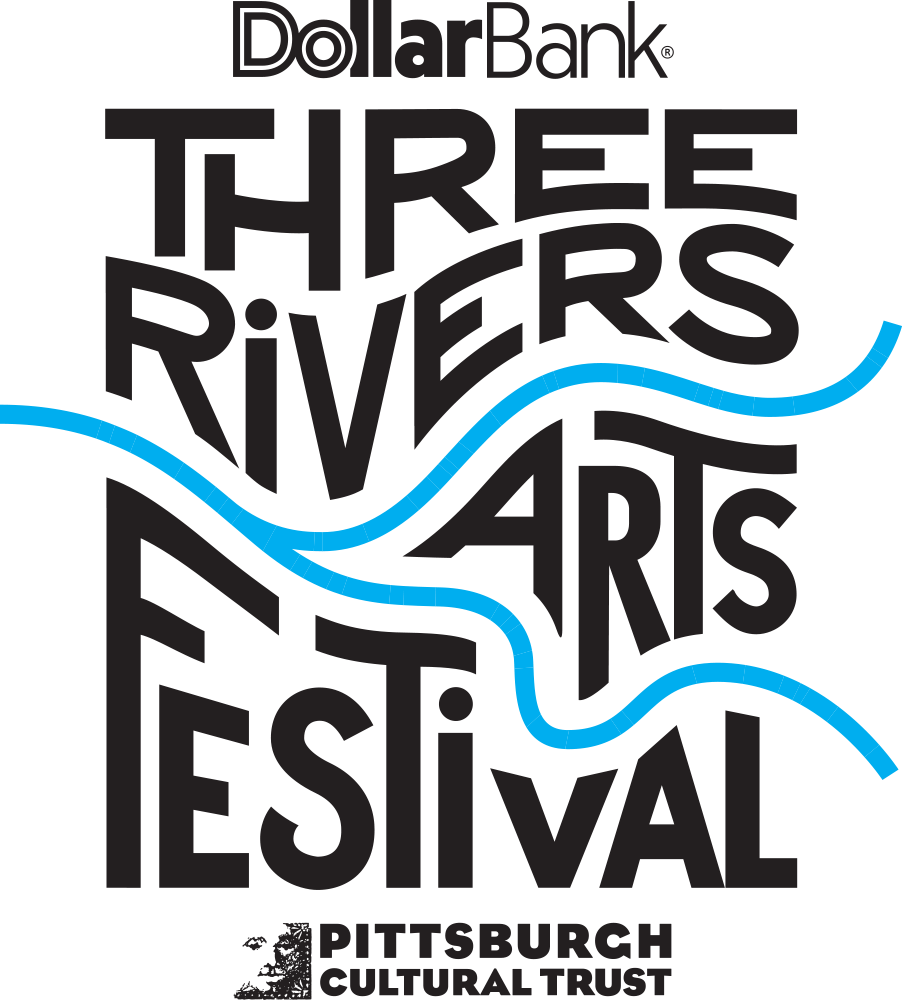Alex Bauman
ANTHROPOLOGY of MOTHERHOOD TEAM
Black and white photograph of Adalgisa Bosonetto looking at the camera with a gentle smile, and her left hand in motion pulling back her hair from the top of her head.
ADALGISA BOSONETTO
Operations manager
Adalgisa Bosonetto is a first-generation Argentine American mosaic artist whose vibrant work is a testament to the versatility and brilliance of stained glass. With a keen eye for color and a meticulous approach to line and form, she creates both intricate decorative pieces and functional art for the home. Her work bridges the gap between traditional craft and modern design, inviting viewers to experience the subtle dance of light and glass.
Adalgisa's artistic journey is deeply rooted in her extensive experience in the arts. She earned a BA in Studio Arts and Art History from the University of Pittsburgh and spent over a decade as a market artist. Her passion for community and education led her to work in the non-profit art world, where she served as both an art center professional and an art educator, sharing her love for creativity with others.
Photograph of Veronica Corpuz smiling and looking down at an open book that she’s holding, with wavy dark hair, wearing a dark teal, saffron, and red flowered dress, with out-of-focus window panes fading in the backdrop. Photography by Kitoko Chargois.
VERONICA CORPUZ
Poet-in-Residence
Veronica Corpuz is a first-generation Filipina American poet and interdisciplinary artist exploring themes of identity, assimilation, loss, and grief. A workshop facilitator in the Madwomen in the Attic program at Carlow University and poet-in-residence with Anthropology of Motherhood, she also co-curates Mad Bookends, an online journal of creative writing featuring women writers of color. As a member of the #notwhite collective, she has performed and exhibited mixed media work and photography at Buen Vivir Gallery, the Brew House and Carlow University galleries in Pittsburgh, Harlan Gallery at Seton Hill University, McDonough Museum at Youngstown State University and Yolia Artspace with Los Fantasmas Artist Collective in Englewood, Colorado. Her most recent collection of poetry, The Widow’s Calendar, is forthcoming from Finishing Line Press.
Photograph of Fran Flaherty smiling, wearing dark glasses, earth-toned scarf, and balck shirt with shoulder length dark hair and gold circlet earrings. Photography by Kitoko Chargois.
FRAN LEDONIO FLAHERTY
FOUNDER & CURATOR
Fran Flaherty is the creator and co-curator of Anthropology of Motherhood, Assistant Professor of Digital Art and Emerging Media and Director of FabLab at Carlow University. As a first-generation immigrant mother from the Philippines and a Deaf artist, her work explores migrant family relations, maternal feminism, disability aesthetics, and social connection through the care paradigm—the idea that human survival depends on love, kinship, and interconnectedness. A member of the #notwhite collective, Flaherty’s work is part of collections at the Smith College Art Museum, Dyer Arts Center, Wyndham Hotels and Resorts, and Carnegie Mellon University Archives.
Black and white close up photograph of Sara Tang smiling with long, dark wavy hair in a field of long grass. Photography by Janine Hair.
Sara Tang
Digital Content Curator
Sara Tang is a multidisciplinary artist whose work examines the intersections of chronic illness, identity, ecopsychology, and the sacred in the discarded and underseen. Sara is a member of the #notwhite Collective and is the Digital Content Curator for Anthropology of Motherhood. She has served on the leadership of JADED PGH Asian American Pacific Islander collective and with folkLAB’s These Hollow Hills artist residency program and inaugural folkFEST. You can find them glitching out in liminal spaces or exploring the underground powers that pulse through Pittsburgh.


















